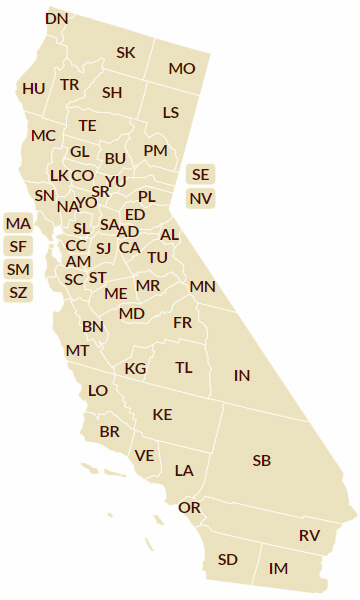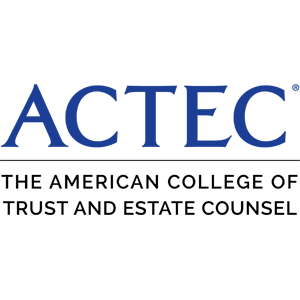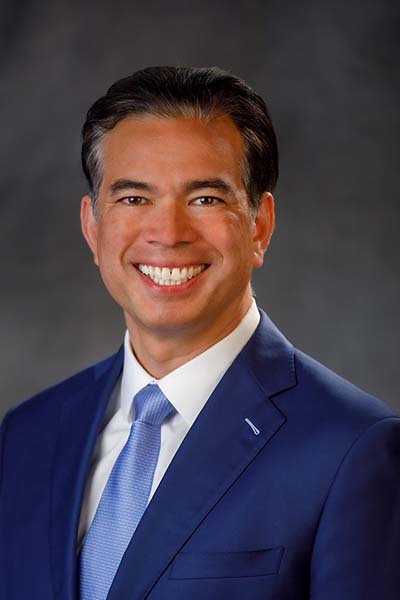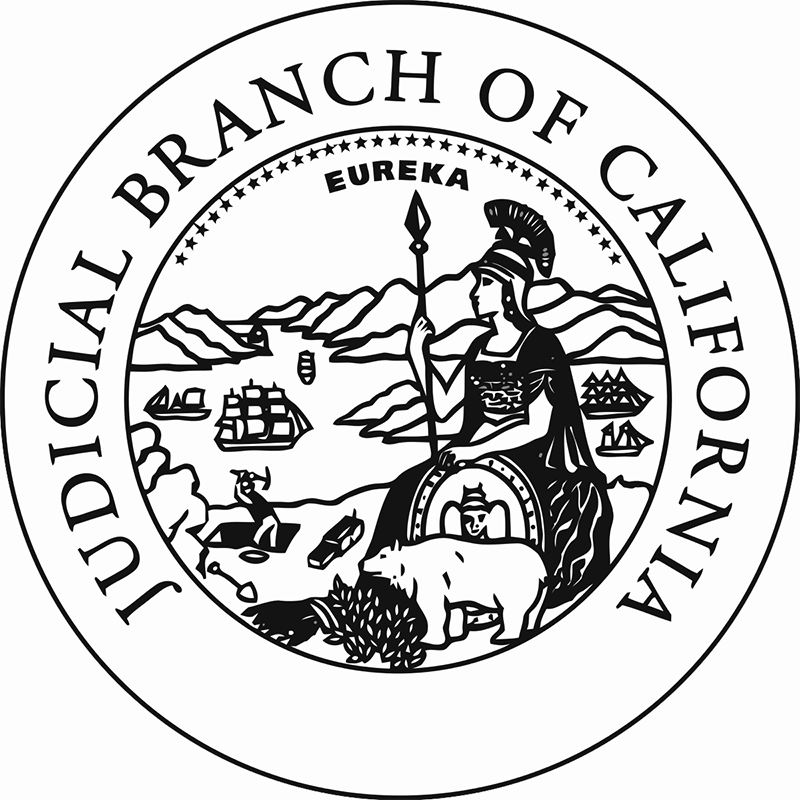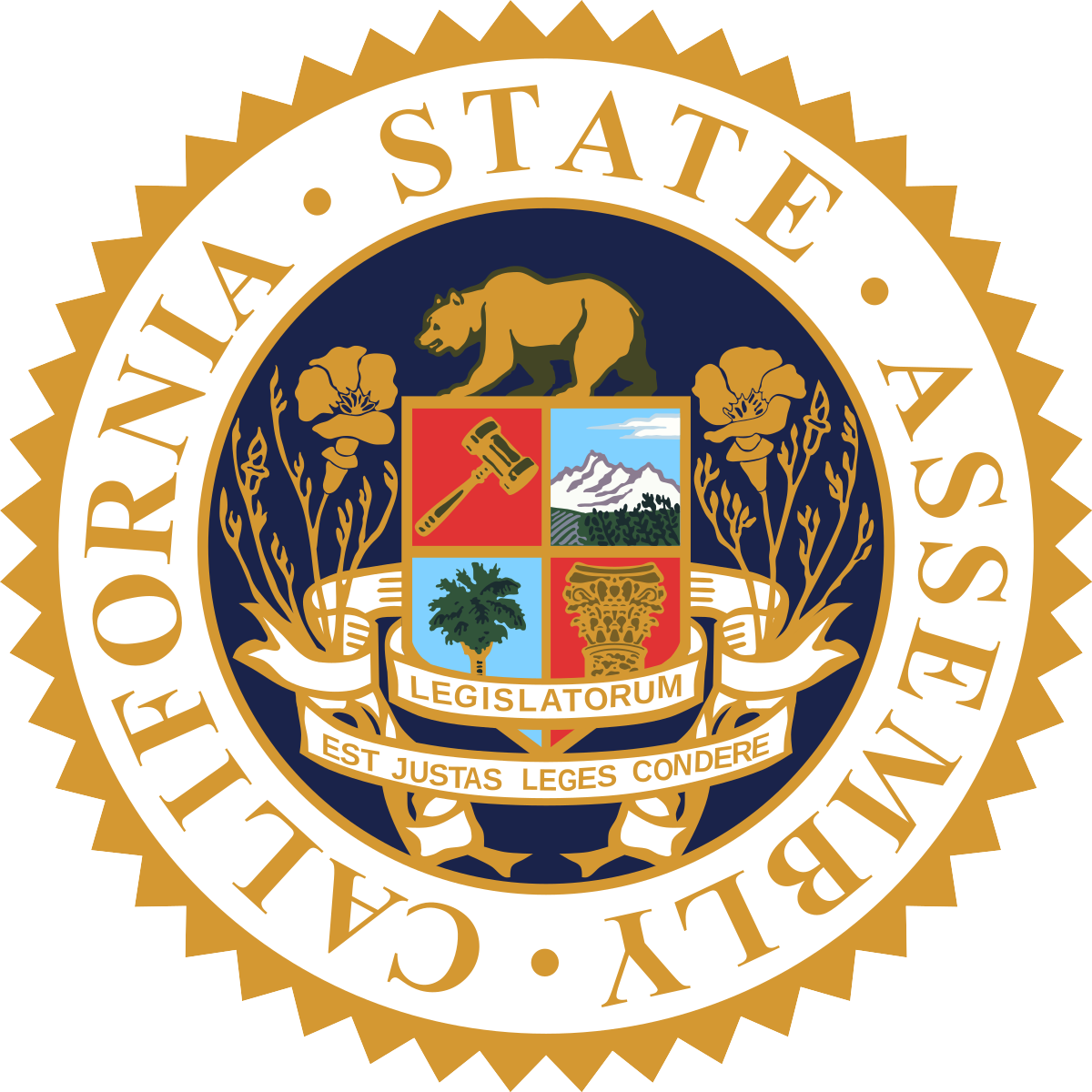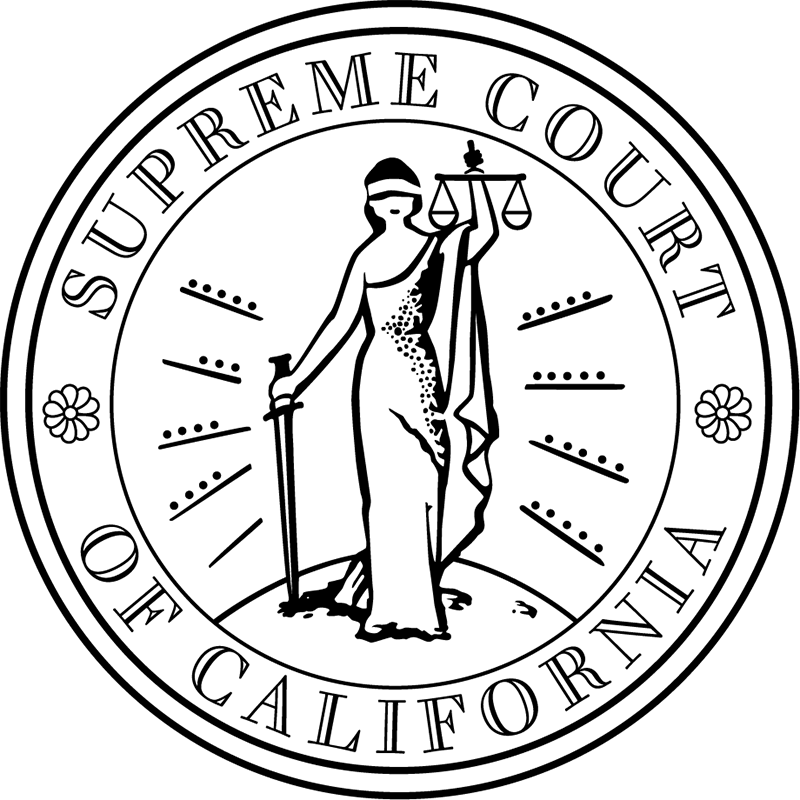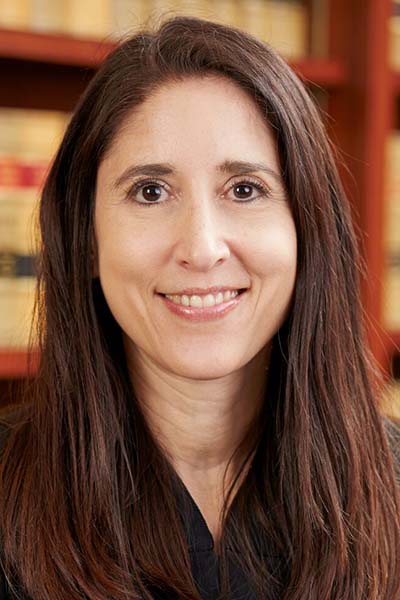California State Legislature - The California State Assembly is the governing body responsible for making laws and overseeing the state's policies. It is a bicameral institution, comprising the State Assembly, which has 80 members serving two-year terms, and the State Senate, consisting of 40 members with four-year terms. The Legislature convenes to propose, debate, and pass legislation on a wide range of issues, including education, healthcare, transportation, and the state budget. Its primary duties involve crafting and passing laws that shape the governance and well-being of California.


